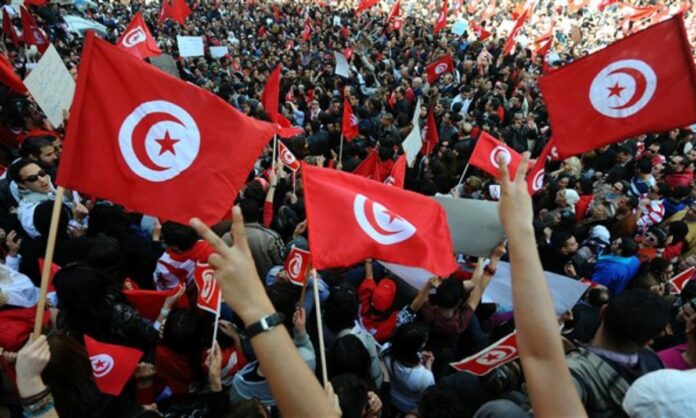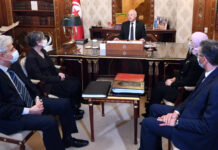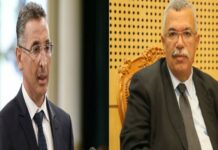The French newspaper “Le Point” published this Sunday, September 5, 2021 an article entitled “Tunisia: democracy between brackets” written by the journalist Benoît Delmas.
Delmas began his article with a quote from “one familiar with the Tunisian elites” who noted that “Carthage is so closed that you couldn’t slip an idea under the door.”
The article recalled the decisions taken by Kais Saïed such as the granting of executive power, the suspension of the functions of parliament and the dismissal of the head of government and the prohibition of “certain professions from being able to travel (the profession is registered on the identity card) ”
Forty-two days that the Kasbah, 10 Downing Street in Tunisia, is closed, doors closed, president of the government dismissed, advisers and project managers disembarked, staff placed on technical unemployment (except security). Forty-two days that the large gates that surround the Assembly of People’s Representatives (ARP) remain padlocked, deputies sent back to their homes, judicial immunity lifted, staff subject to the same regime as the presidency of the government. Forty-two days that the administration waits for a roadmap, for arbitrations. Carthage concentrates all political powers, the army and the judiciary in addition, according to the same source.
What can democratic Tunisia expect from an exceptional situation, without any checks and balances? asks Delmas.
“His only compass is the street”
Several scenarios will be discussed, including the establishment of a provisional organization of powers decided by Kaïs Saïed with the silent consent of the army. It would rule the political life of the country for a short / medium term. The Parliament should not resume its activities, this seems hardly compatible with the orientations of a president who accuses him of being “a danger for the state”, indicated Delmas.
For the economic sector, the article pointed out that pending international aid and credits, public finances are turning to the central bank’s foreign reserves. The printing press to repay loans, pay the 800,000 members of the civil service, provide the currency needed for imports (energy in particular) is not on the agenda.
The atomized political class, the dormant international
In this part, the arrest of Nabil and Ghazi Karoui was mentioned.
“If Josep Borrell, the High Representative for Foreign Affairs, and Charles Michel, the President of the European Council, telephoned Kaïs Saïed in July, they received few answers regarding the restarting of the democratic machine. Only the United States showed its bad moods. “











